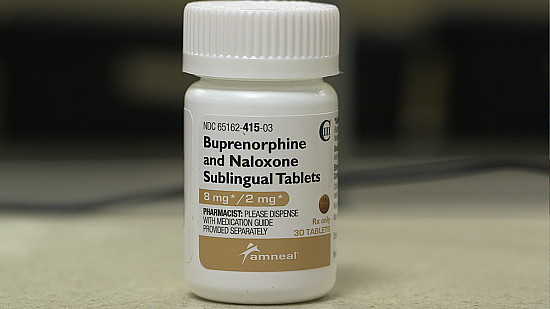Opioids after heart surgery: A cautionary tale
Research we're watching

A recent study found that nearly one in 10 people who received opioid pain relievers following heart surgery continued to take them for three to six months — a time point when no one should still be experiencing pain from the operation.
The study included nearly 36,000 people with private health insurance who had a coronary artery bypass graft (known as CABG or bypass surgery) or a heart valve replacement between 2003 and 2016. People who were prescribed more than 40 5-mg tablets of oxycodone (Oxycontin, Roxicodone, others) or an equivalent amount of a similar drug were at a much higher risk of prolonged opioid use than people who were prescribed lower doses. Other factors that increased a person's odds of taking opioids long-term included having CABG, being female, or having a history of chronic pain or alcoholism.
As a commentary accompanying the study notes, prescription opioids play an important role in fueling this country's devastating epidemic of drug overdoses, which killed an estimated 72,000 people in 2019. If you are prescribed these powerful pain relievers, take them only as directed for the shortest possible time. The study was published online June 17, 2020, by JAMA Cardiology.
Image: © BraunS/Getty Images
Disclaimer:
As a service to our readers, Harvard Health Publishing provides access to our library of archived content. Please note the date of last review or update on all articles.
No content on this site, regardless of date, should ever be used as a substitute for direct medical advice from your doctor or other qualified clinician.















